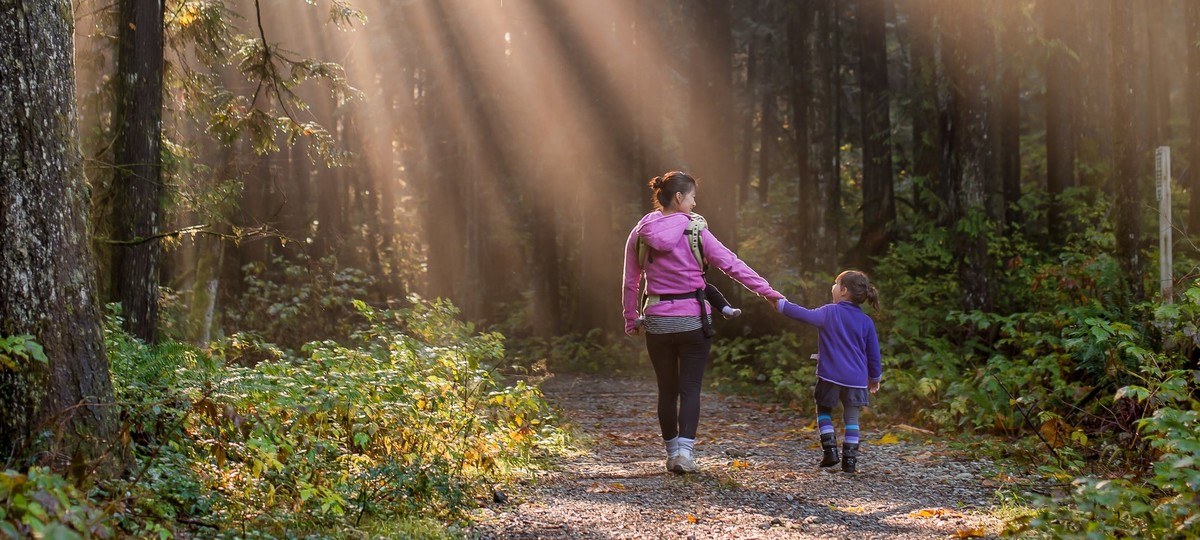
"The people who are parenting now grew up in the Etan Patz/Adam Walsh era," says David Ropeik, author of "How Risky Is It, Really? Why Our Fears Don't Always Match the Facts."
Etan was stolen from a Manhattan bus stop in 1979; Adam was kidnapped outside a Florida Sears a few years later. Etan was one of the first missing kids on a milk carton, followed by countless others who were runaways and NOT kidnapped by a stranger — a fact never announced to the milk-drinking public. So that generation grew up with dread "getting baked in," says Ropeik, "and that reflects itself back in the culture."
Ropeik doesn't believe that this generation of parents is more irrational or fearful than others, just that it has been more relentlessly exposed to and warned about every possible threat. "Risk perception goes up or down in direct relation to how prominent the risk is in the news," he says.
Yes, it does, agrees John Tierney, co-author of "The Power of Bad: How the Negativity Effect Rules Us and How We Can Rule It." And for a year, it has been all COVID-19 news all the time. "We have such a sophisticated panic-porn industry, and they're just competing to scare you all day long," Tierney says. Combined with the fact we innately fear loss much more than we appreciate a win — our "negativity bias" — it's hard to keep panic at bay.
Bridget Foley is a mom of two who thinks about panic a lot. Her novel about a Los Angeles earthquake, "Just Get Home," came out last week. Foley moved to Idaho to try to get away from the heightened fear levels she saw when living on the coasts. In LA, she says, she was in a new-mom group when two members were arranging a playdate. One asked the other, "What do you wash your floors with?" "Um ... Pine-Sol?" Mom No. 2 responded. That was all Mom No. 1 had to hear. Expose her baby to a non-organically-washed floor? Too dangerous. An alternative venue was sought.
Foley watched ever more childhood activities get doomified. "People don't do sleepovers anymore," she says — and that was before COVID-19. "They do things like they drop their kids off, and the kids are there till 10, and then they pick them up, bring them home and then bring them over in the morning for breakfast." As for playdates: "The idea that some just come and they drop the kid off?" says Foley. That doesn't happen. "Instead, you get a text message and then another message, and then you arrange it, and then they come, and they sit down and stay. And your kid's 9!"
Is there a way to dial down the din of doom?
"What moves the needle on risk most times is showing respect for why people are or are not afraid," says Ropeik. "A grandparent could say, for instance: 'I know you want to protect Susie. And way back when I was your age, I might have done the same thing. Let me just add that you also give some thought to having a grandmother in her life.' So you've framed the debate in a way that's respectful rather than argumentative." Another successful technique is "to find that middle ground. 'We'll come to town, but we'll go to the playground, not the house.' That's demonstrating respect for a person's concerns."
It is hard for parents to stay cool, kind and sane in a culture infected with panic-porn. Respect is the only vaccine.


 Contact The Editor
Contact The Editor
 Articles By This Author
Articles By This Author